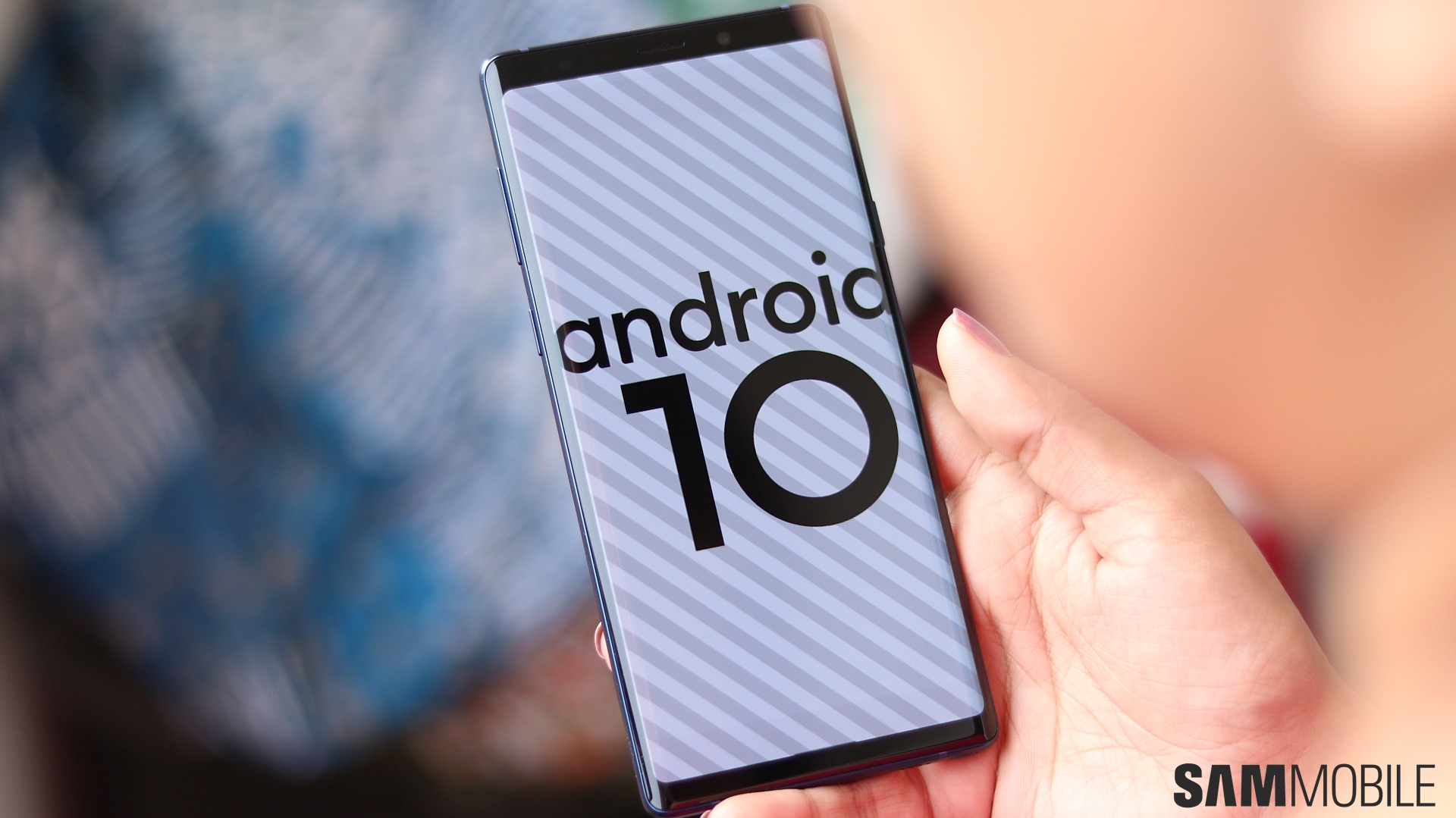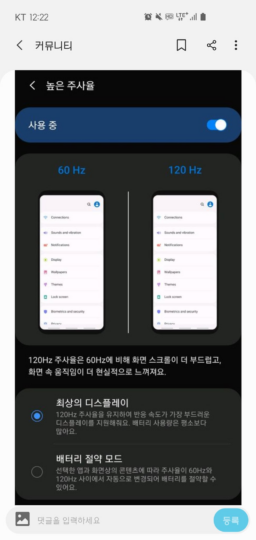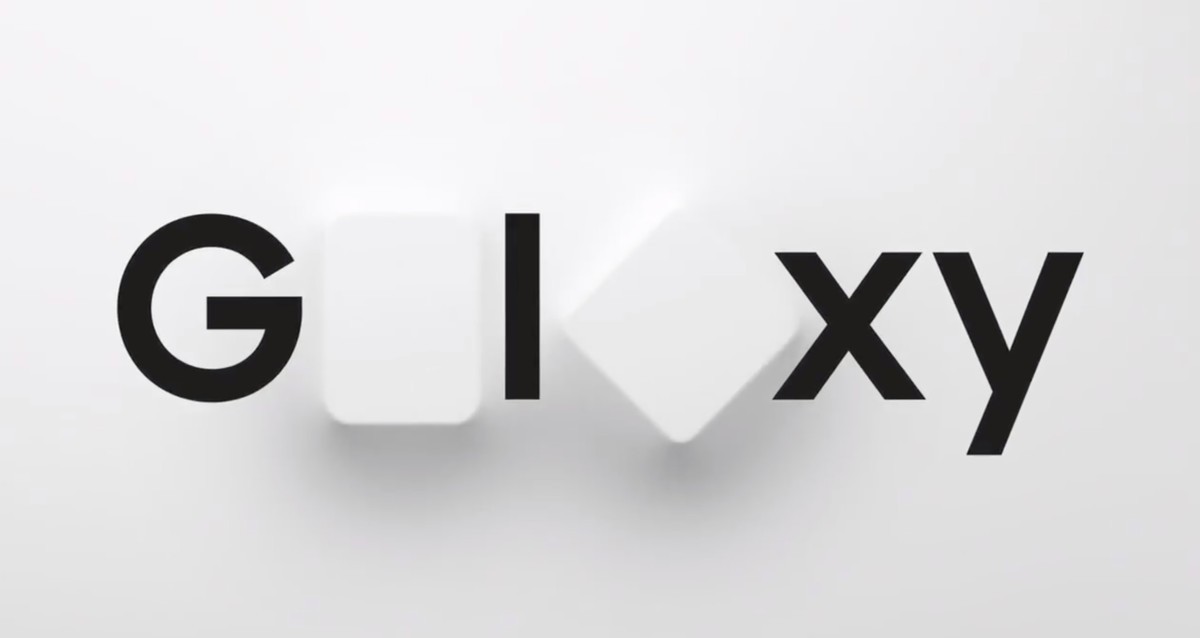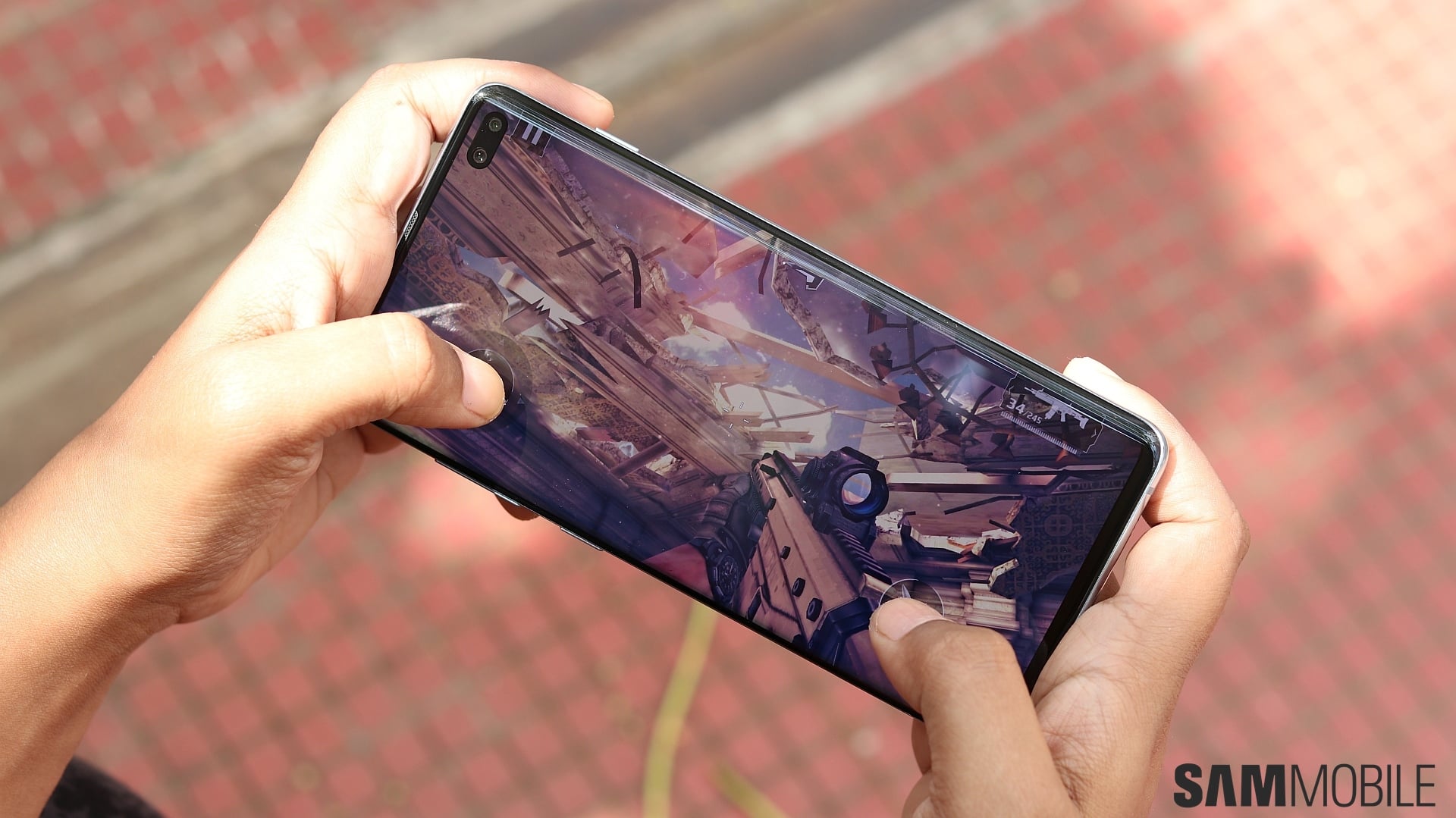
The screenshots shared by @UniverseIce suggest that One UI 2.0 will have a 120Hz display mode baked into it. The hidden menu reveals options to switch between 60Hz and 120Hz manually or automatically.
Galaxy S11 could be the first 120Hz Samsung phone
We haven't seen higher refresh rates on Samsung phones but this could change with the Galaxy S11 lineup. The first strong clue pointing at this possibility came along with the Exynos 990 SoC announcement nearly a month ago. Among the various improvements and new features, the Exynos 990 also happens to be Samsung's first chipset to support 120Hz displays. We already know that this chip will be powering the Galaxy S11.
As for the presence of a 120Hz display option in the One UI 2.0 beta for the Galaxy Note 9, the smartphone is technically incapable of delivering this high refresh rate, so don't get your hopes up that a 120Hz mode will come to your 2018 flagship once One UI 2.0 launches publicly. But the hidden setting suggests that Samsung is baking this feature right into One UI 2.0 for future Android 10-powered devices that will have the hardware to go along with it.
The benefits of a 120Hz display
Simply put, animations shown on a 120Hz display will look twice as smooth compared to a 60Hz panel. This greatly improves the user experience as it makes the UI feel much more responsive. Likewise, 120Hz displays can benefit mobile games. A higher refresh rate will make a game look smoother.
Particularly, it benefits fast-paced and competitive games. Although Samsung hasn't jumped on the gaming smartphone bandwagon, most of its Galaxy smartphone models are capable of handling mobile gaming of any kind and a 120Hz display would make its flagships that much more competitive against brands like Razer. Samsung actually supplies some of the higher refresh rate displays that we've seen on devices from the likes of Razer. It just hasn't used them for its own devices. Looks like it might finally be changing its mind about that. Exciting times ahead!

















